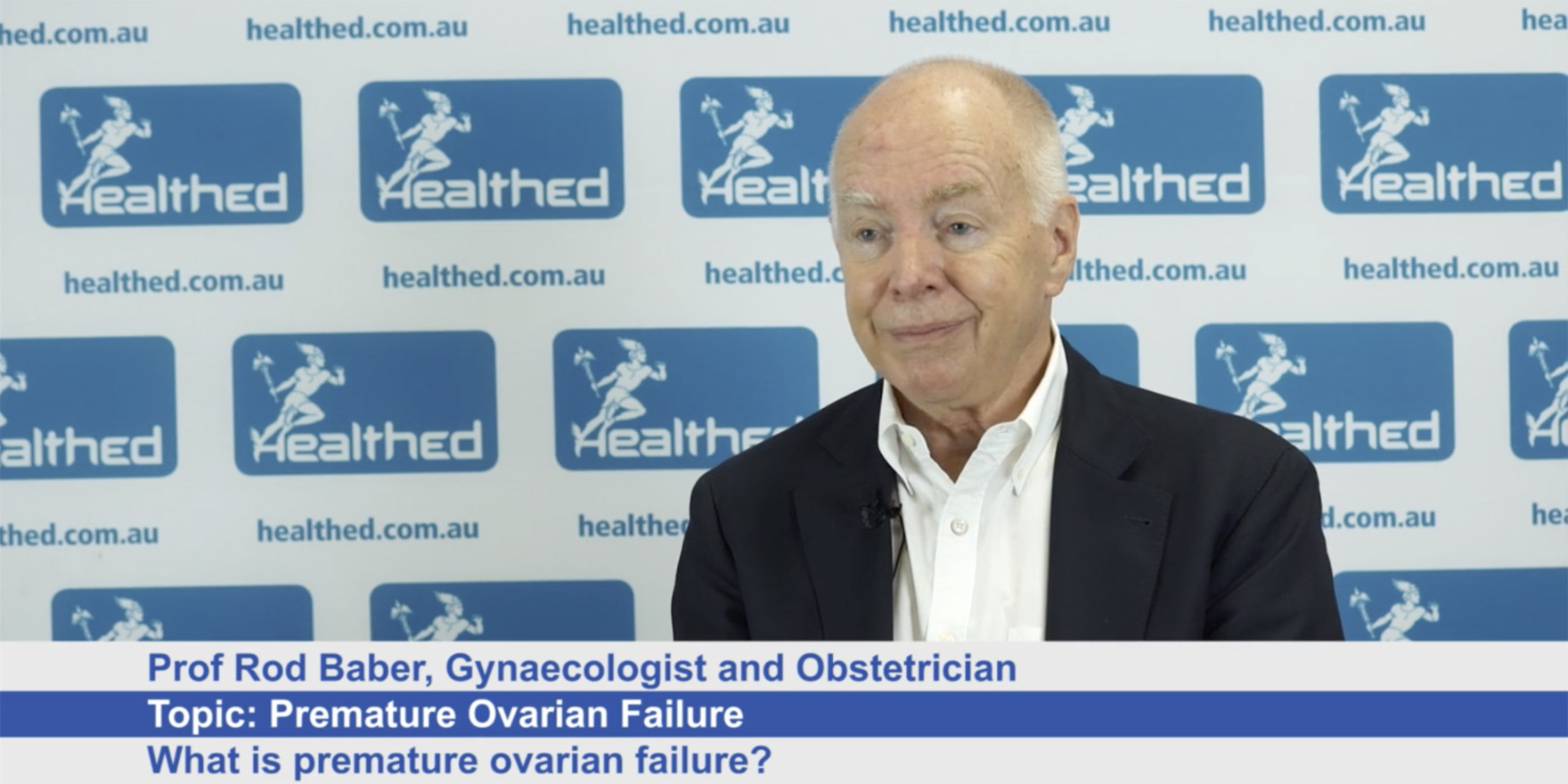Women whose ovaries cease to work normally before the age of 40 and stop getting periods are usually diagnosed with premature ovarian failure
Women whose ovaries cease to work normally before the age of 40 and stop getting periods are usually diagnosed with premature ovarian failure.
About 1% of women are diagnosed with this condition and the disorder is usually preceded by premature ovarian insufficiency.
“Young women who have menstrual irregularities for more than three months should have an FSH taken,” says Professor Rod Baber, a gynaecologist and obstetrician at The University of Sydney.
“If the FSH is raised then it should be repeated six weeks later. If it is raised on two occasions then she has premature ovarian insufficiency and that will be associated with fewer and fewer periods.
“She may never have another period and that’s premature menopause. We can’t in that first diagnosis make that absolutely certain. And, in fact, 50% of women who have premature ovarian insufficiency will have periods again at some stage.”
[media_embed] https://player.vimeo.com/video/223100933[/media_embed]


